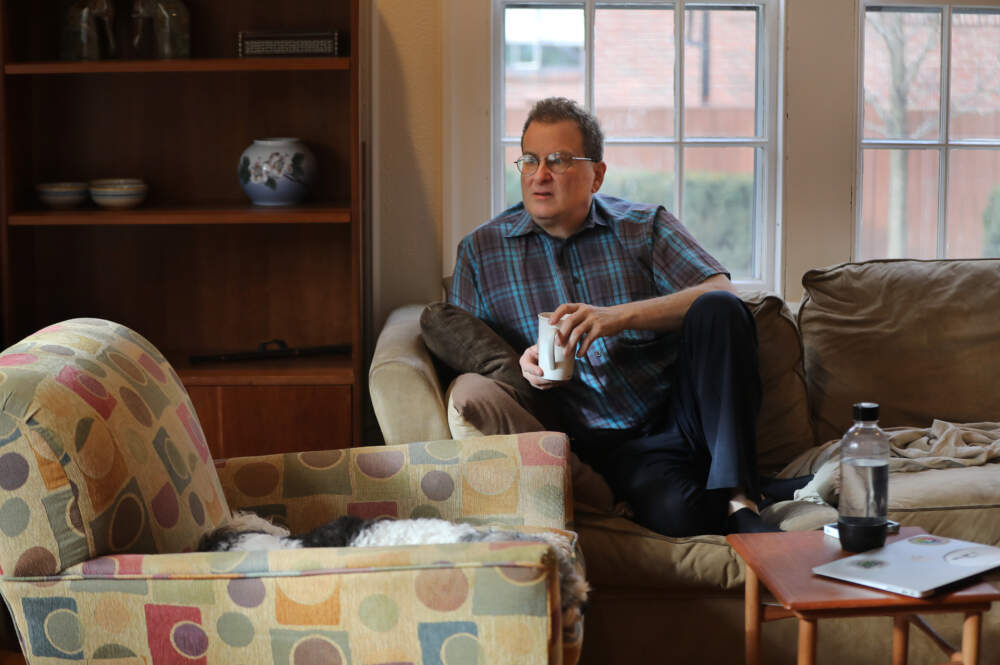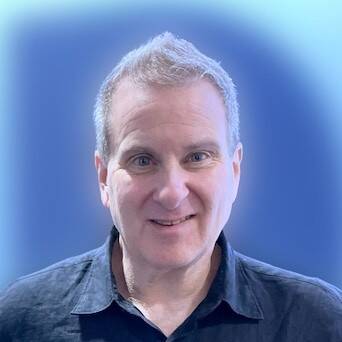Advertisement
Commentary
I returned to medicine after my opioid addiction. What I learned can help patients — and other physicians

It is a frozen winter afternoon in February 2015, and I am sitting at the long, wooden table that is the penalty box for troubled doctors. Here, at the main offices of the Massachusetts Medical Society, I had awaited my own fate eight years earlier.
Back then, I was despairing, withdrawing and had three felony counts hanging over my head. My future as a practicing physician was in jeopardy, as I had been caught writing some blatantly inappropriate prescriptions by a keen-eyed pharmacist. The state police and the DEA had recently raided my office. I had been charged, booked, fingerprinted, and the medical board had stripped away my hard-won license to practice medicine. The last time I sat at this table, I was one of the millions of Americans ensnared in an opioid addiction.
In 2015, I looked back on eight years of sobriety and into the faces of the physicians who inhabited the hell I escaped. I had been hired as an associate director for the Massachusetts Physician Health Service to help doctors who had, like me, seen their lives decimated by addiction. The table divides the addicted from the recovered, and looking across it, I saw my earlier self in these doctors’ eyes, dulled by hopelessness, cravings and despair.
Doctors with addictions are sometimes given a second chance to practice medicine if they manage to jump through the hoops demanded by the medical boards. I was drug-tested from one to three times a week for five years, which adds up to 20 gallons of urine. After more than three years, I was allowed to practice medicine again. Currently, I have been in recovery from my opioid addiction for 15 years.
... I saw my earlier self in these doctors’ eyes, dulled by hopelessness, cravings and despair.
I wouldn’t recommend putting “get addicted, almost die, ruin your life and get better” on the medical school curriculum. Yet I believe that I understand addiction on a deep level and that I am a more enlightened and empathic doctor from having gone through this excruciating experience.
My best definition of addiction is “continued use despite negative consequences.” Addictions are triggered by childhood traumas, untreated anxiety and depressive disorders, and also by miserable life circumstances. In my case, I was working 100 thankless hours a week as a medical student, chronically sleep-deprived and suffering through a difficult marriage. I had no time to care for myself, to address my needs, or to right what was going rapidly going wrong in my life.
Recovery from addiction is about so much more than not taking your drug of choice. I reject the outdated definition of recovery from Alcoholics Anonymous, which equates it with abstinence from all drugs for life — except, in their book, caffeine and tobacco which are the “good” drugs, and which are freely consumed at 12-step meetings. One thing that is widely misunderstood in the addiction community is that other drugs are tangential to the main plot. Recovery is much more about finding a way to be happy, or at least content, and secure, so that the drugs or drink have no opportunity to re-occupy your life and decimate it like an invading army.
Advertisement
The critical aspects and skills needed to sustain one’s recovery include the following: humility, connection, gratitude and courage. Once you get to the point of recognizing that you are in distress, that you are above your head in difficulty, that you can’t heal yourself on your own, and once you can muster the humility and courage to ask for help, you are halfway toward winning the battle.
If we don’t address the pervasive issues of burnout and moral injury soon, there won't be enough doctors left ...
Recovery is greatly facilitated by up-to-date medical treatment, without stigma, judgment or historical baggage. We finally have extremely effective medications to treat addiction. For example, buprenorphine (Suboxone) and methadone result in a 50% or greater drop in opioid overdose deaths. What we are missing is a coherent medical system or safety net to supply these vital treatments to more than 10-20% of patients who need them.
We also need a larger, more inclusive recovery tent so that we can meet people where they are with their addictions. This includes the usage of cannabis and psychedelics, both of which can be vitally effective in helping people find their way out of addiction. In my opinion, legal drugs are safer drugs, and the sooner we decriminalize all of them — with sensible regulations and safeguards — the better. When people with addiction or chronic pain get entangled with law enforcement, a dark situation only becomes uglier. Law enforcement should be kept away from the entire arena of drugs except in cases of violence or impaired driving.
In my experience, doctors in recovery tend to be nicer, more relatable doctors — less self-centered, more empathic and better listeners. The qualities that help sustain one’s recovery are exactly the qualities one wishes for in a doctor: empathy, humility, connectedness and compassion.
My journey is, in many ways, a success story, but on a deeper level, I consider it a cautionary tale. Doctors have the same challenges that everyone else does, yet we also have the added burden of caring for other peoples’ problems in a broken and exploitative system. An estimated 10-14% of physicians are at risk of becoming chemically dependent during their careers. If we don’t address the pervasive issues of burnout and moral injury soon, there won't be enough doctors left, and those who remain will not be particularly mentally healthy, available or useful.
Perhaps we all need to sit down together at a metaphorical wooden table, one that offers a place for non-judgmental, rational discussion about how to best address the scourge of addiction. We must heal and support each other before too much damage is done.
